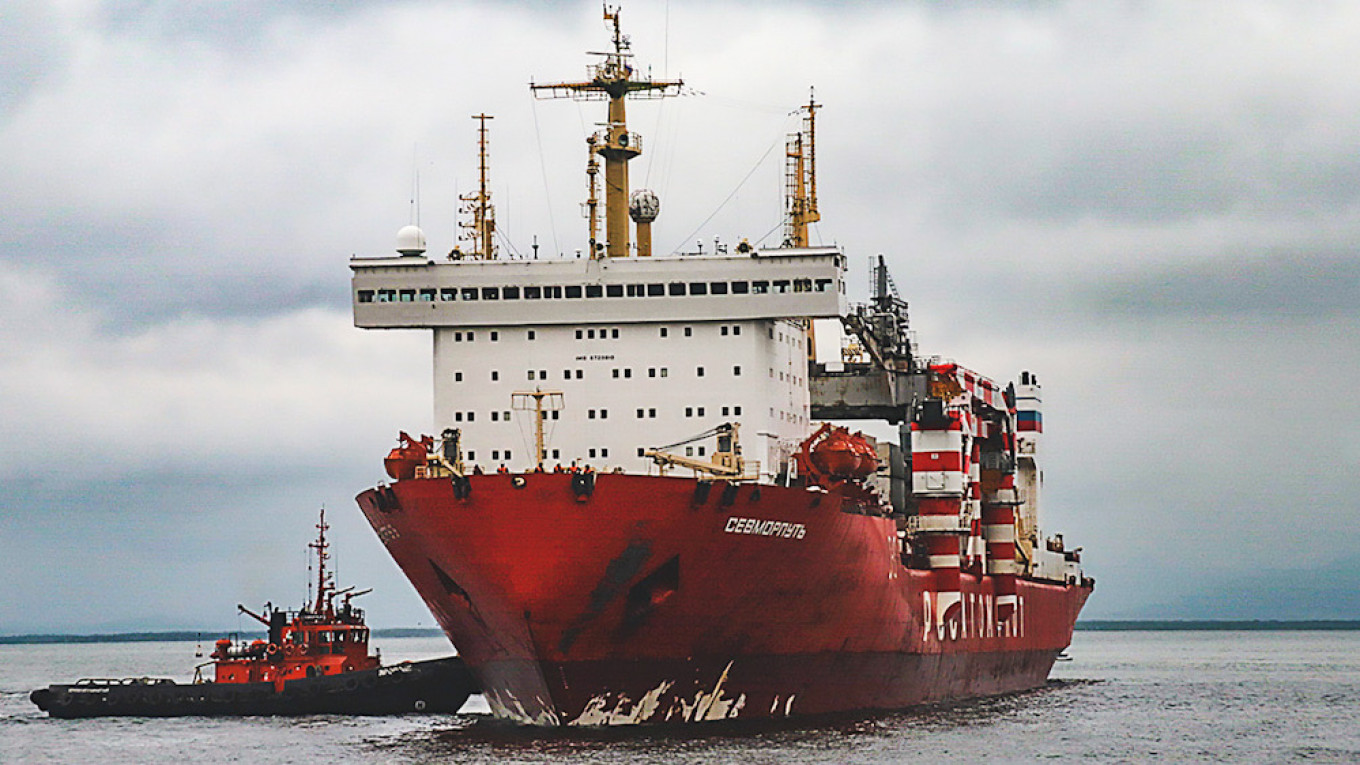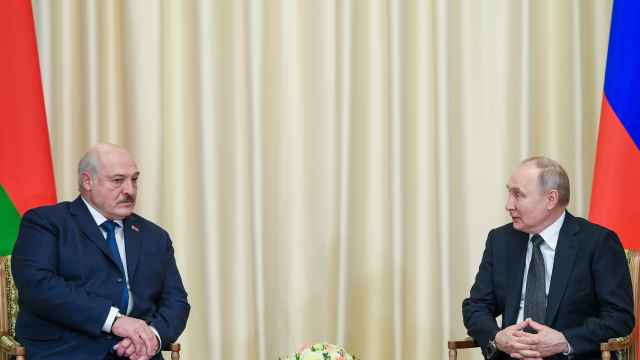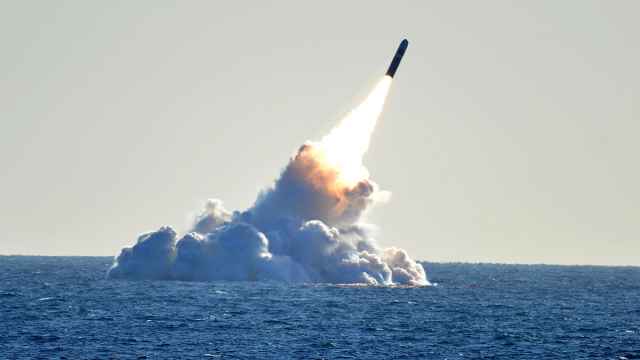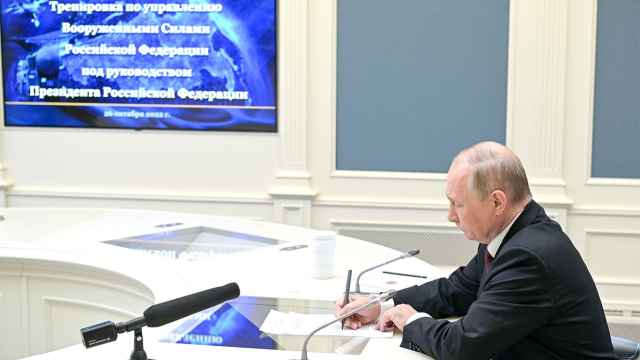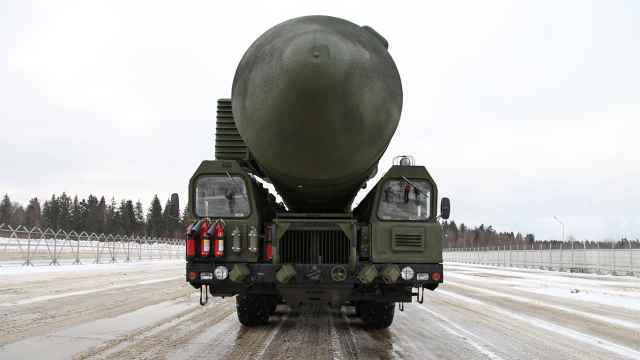A Russian nuclear-powered cargo ship bound for Antarctica has been forced to turn back after sustaining damage, and will bypass Europe before undergoing repairs, state nuclear agency Rosatom said Wednesday.
Green activists have expressed concern that the vessel will be sailing past several European countries on its way home during the winter storm season.
The Sevmorput vessel had to turn around on Dec. 2 and is traveling toward the Russian port city of St. Petersburg at a speed of 10 knots, Rosatom said.
The vessel was forced to stop off the coast of Angola for "repairs of the propeller and rudder system," Rosatom told AFP, explaining that the propeller lost one of its blades.
During maintenance work that lasted three weeks due to unfavorable weather conditions, another propeller blade was cut off to remove the imbalance, the nuclear agency added.
Rosatom added that the ship was seaworthy and its nuclear reactor was operating without any complications.
But the French environmental group Robin Hood expressed concern Monday about Sevmorput's route, noting that it would pass 14 European countries on its way to St. Petersburg.
Sevmorput's journey past Europe will be taking place during "winter storms in the North Atlantic," the organization said in a statement.
There was "no coordinated plan between EU countries to prevent the floating nuclear power plant from drifting" or over arranging another port for the vessel to dock, it added.
According to the Marine Traffic tracking website, Sevmorput is currently in the Atlantic Ocean between the Canary Islands and the Moroccan coast. It estimated it would take several weeks to get back home.
Sevmorput is Russia's only active nuclear-powered cargo ship, a 260-meter-long vessel commissioned during the Soviet era and completed in 1988.
It returned to service in 2016 after extensive repairs.
A Message from The Moscow Times:
Dear readers,
We are facing unprecedented challenges. Russia's Prosecutor General's Office has designated The Moscow Times as an "undesirable" organization, criminalizing our work and putting our staff at risk of prosecution. This follows our earlier unjust labeling as a "foreign agent."
These actions are direct attempts to silence independent journalism in Russia. The authorities claim our work "discredits the decisions of the Russian leadership." We see things differently: we strive to provide accurate, unbiased reporting on Russia.
We, the journalists of The Moscow Times, refuse to be silenced. But to continue our work, we need your help.
Your support, no matter how small, makes a world of difference. If you can, please support us monthly starting from just $2. It's quick to set up, and every contribution makes a significant impact.
By supporting The Moscow Times, you're defending open, independent journalism in the face of repression. Thank you for standing with us.
Remind me later.


